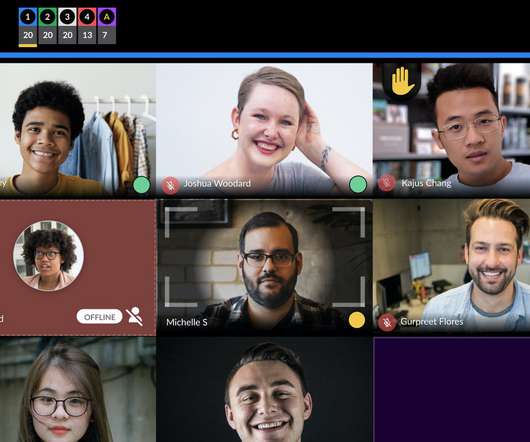How Blockbuster MOOCs Could Shape the Future of Teaching
Edsurge
JUNE 19, 2018
After all, so-called MOOCs, or massive open online courses, were meant to open education to as many learners as possible, and in many ways they are more like books (digital ones, packed with videos and interactive quizzes) than courses. There isn’t a New York Times bestseller list for online courses, but perhaps there should be.












































Let's personalize your content